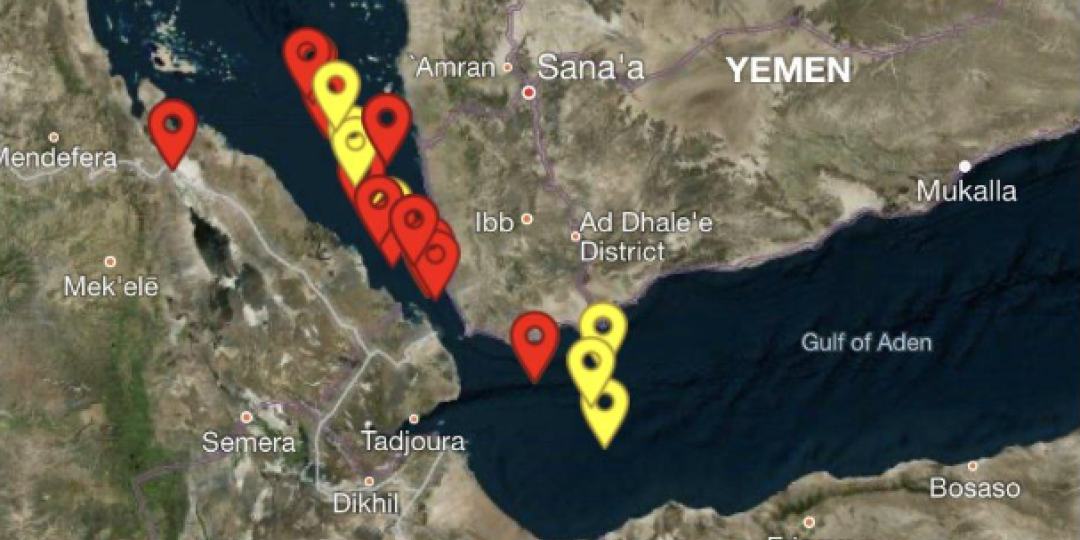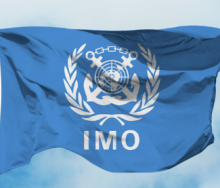An American destroyer, the USS Laboon, has shot down a drone launched from Yemen, presumably by Houthi rebels belonging to the Iran-backed Shia Islamist movement, Ansar Allah.
This incident occurred as the rebels attacked commercial vessels heading to the Bab al-Mandab Strait, the narrowest point between the Gulf of Aden and the Red Sea.
In December, 10 rebels were killed shortly after coalition forces, led by the US, UK, France, and 17 other countries, including Bahrain, vowed to protect shipping through the Suez Canal.
Although the Houthis threatened to retaliate, military counter-offensive strategies by the Combined Maritime Forces (CMF) appear to have resulted in the rebels toning down their attacks, although not the rhetoric of Ansar Allah.
It has been almost two months since the militia movement took trade through the Suez by surprise when gunships swooped down onto the deck of the Galaxy Leader on November 19, capturing the vessel that was transporting about 4 500 vehicles and taking its crew of 25 seafarers hostage.
Since then, a spate of ensuing attacks on vessels with supposed Israeli links has turned the Red Sea into a no-go zone, forcing major lines to divert ships to sailing around South Africa.
However, CMF pressure seems to have paid off, and indications are that the Galaxy Leader hostages might soon be released after they were forced ashore at the Yemeni port of Hudaidah.
The Houthis have also pointed to potentially desisting from further attacks in the Red Sea, provided that cargo to Israel is halted and shipping interests with the Jewish State terminated.
However, liner trader consultant and CEO of Vespucci Maritime, Lars Jensen, has cautioned against 'signs' that the Houthis are succeeding in freezing out Israel.
"There are rumours in terms of whether certain global carriers have ceased acceptance to Israel.
“If that is the case, it is a major development.
“However, at this point it is prudent not to jump the gun for two reasons.
“One reason is that we have earlier in the crisis seen both OOCL and Evergreen announce a stop to cargo to Israel only to seemingly pull back on that again – it appears this was to reduce the risk for vessels in the area at the time.”
He added that online information about Israel and shipping is also not credible. “Several global carriers do not show Israel online services despite still operating them.
“This is likely done as a safety measure as it was done at a point where they had vessels transiting the risk area.
“Even if vessels transiting did not go to Israel, it could be perceived as a safety risk if a routing from China to Israel was shown on mainline vessel X transshipping to feeder vessel Y in the Med – in this case, the Houthis might see vessel X as a target.'"













